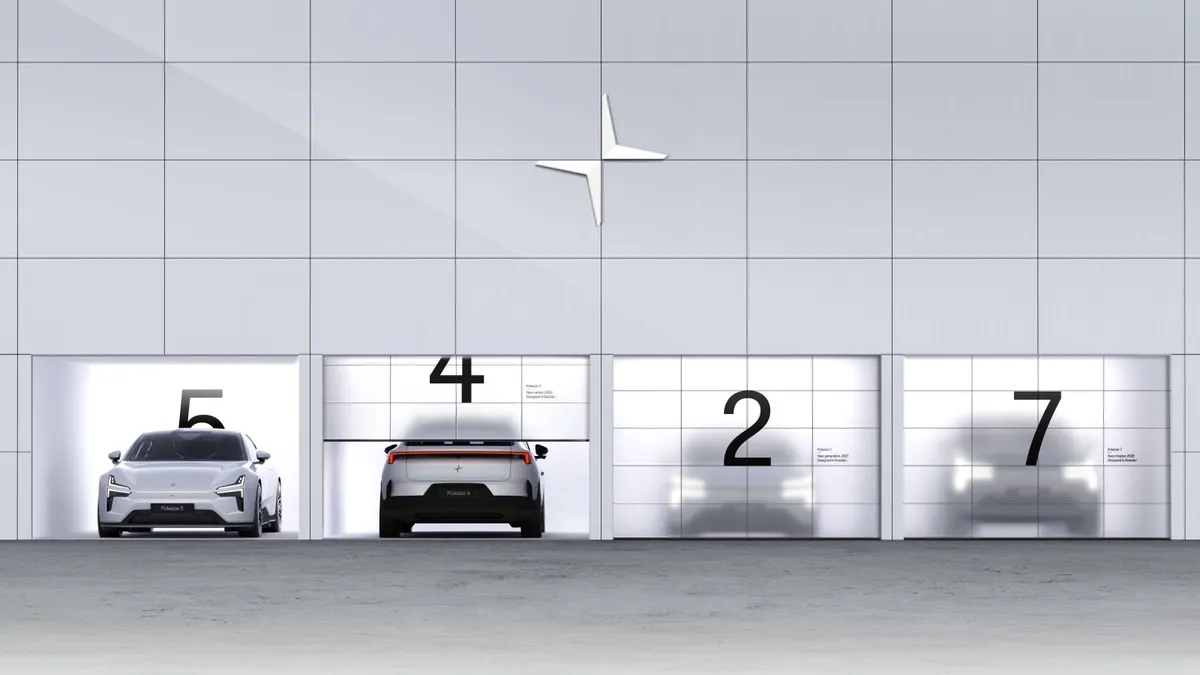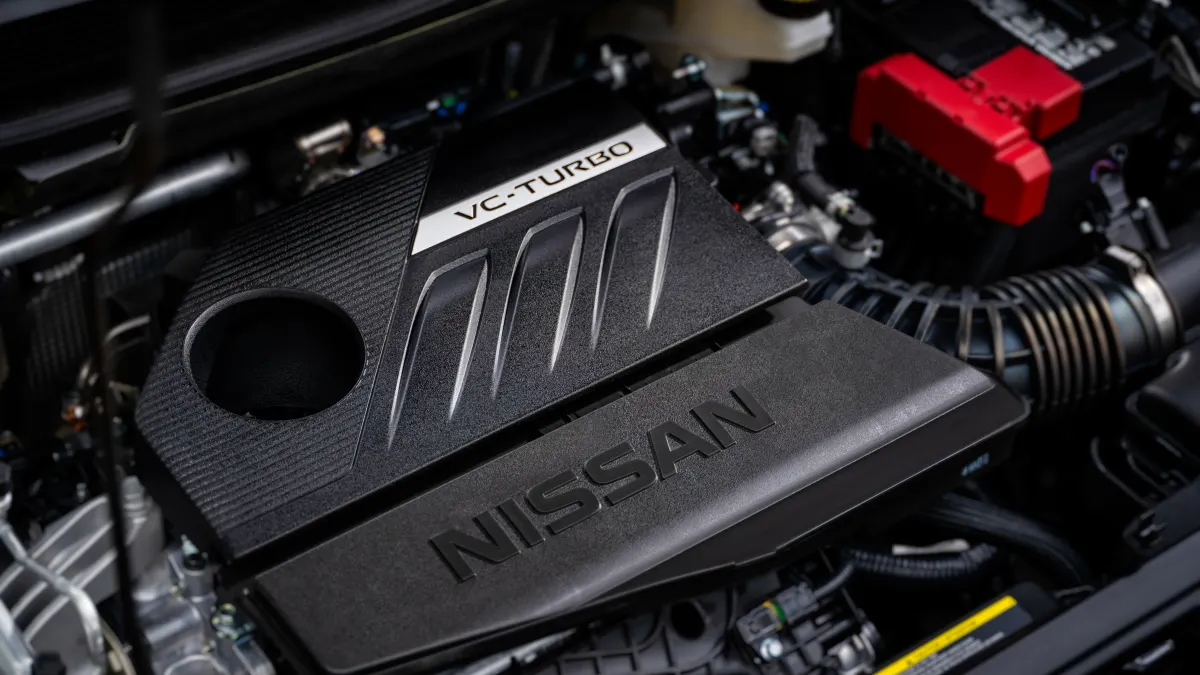Editor's note: This story is part of the WardsAuto digital archive, which may include content that was first published in print, or in different web layouts.
Hyundai auto workers plan to put down their tools for four hours at the auto maker’s Korean plants both Tuesday and Wednesday, launching the first of what may be a continuing series of strikes.
The goal is to pressure management into submitting a comprehensive proposal for meeting collective-bargaining-agreement demands submitted by the union May 10, WardsAuto learns.
The Hyundai Branch of the Korean Metal Workers Union broke off talks Aug. 6, declaring management had failed to provide a substantive response to any of its demands, rendering further negotiations futile, and calling management’s silence “an affront” to the auto maker’s union members.
The union then petitioned the National Labor Relations Commission to begin a legally required arbitration process, which ended today.
On Friday, Yoon Gap-Han, Hyundai president and CEO in charge of manufacturing, met with Moon Yong-moon, labor union chairman, to request that the negotiations to continue.
Yoon also sent a letter to the homes of all 45,000 Hyundai plant workers saying strike actions are archaic and not in the best interest of the employees and the auto maker will pay wages in line with the value workers contribute.
The union leadership took a dim view of the president’s appeal and set the strike plan.
The union negotiating team will meet again with management representatives Thursday to see if the auto maker responds with a satisfactory offer.
While some analysts believe the union will be conciliatory and try to wind up contract talks before the long annual Chuseok holiday begins Sept. 17, union sources tell WardsAuto negotiations, enforced by a possible strike action, will continue as long as it takes to reach a satisfactory agreement.
There is a further complication in September for both the union and management in that all of the automotive branches of the KMWU at Hyundai, Kia, GM Korea, Renault Samsung and Ssangyong must hold internal elections to fill leadership posts for new terms of two years.
The elected officials must be in their posts by Oct. 1.
This could put key union officials at the bargaining table who would maintain the current tough stance, or they might be more compliant.
Analysts believe the Hyundai union’s incoming officials will continue the strident policies already under way. Some sources say it’s likely the campaign and voting process will detract from the labor talks and that management may not offer final proposals until the new officers are in place.
Union members at GM Korea, who already have ratified a new collective-bargaining agreement, will vote on a new slate of officers next week – well ahead of the Oct. 1 deadline, when the new 2-year union leadership terms begin.
The steadfast demands of the Hyundai union for increased wages, profit sharing, guaranteed employment and improved health and welfare benefits thus far have received no specific response from management, except that the auto maker believes they go too far.
The strike action would be especially painful for Hyundai as some of its key vehicles are in short supply and the impact of lost production time would be felt almost immediately.
A further cloud on the Hyundai horizon is the matter of negotiating with the KMWU’s branch of the Hyundai temporary workers’ union. These negotiations are held separately and involve representatives of the part-time workers’ union, the regular fulltime workers’ union and from the KMWU.
These negotiations so far have gone nowhere, according to a union source. The union wants Hyundai to grant its lower-paid 7,500 contract workers fulltime regular employee status, which immediately would increase their pay 40% or more.
Hyundai management maintains only regular unionized workers can negotiate with the auto maker, and the contract workers nominally are employees of in-house suppliers.
In at least one case, the Korean courts ruled a part-time contract worker was in fact a fulltime Hyundai employee. He had worked at his job for more than two years, was supervised by Hyundai supervisors and foremen and worked alongside regular workers doing the same tasks.
Hyundai management agreed to abide by the court decision and offered that employee a fulltime job. However, Hyundai says the court decision only applies to a single contract employee. The auto maker has said it will convert 3,500 part-time contract employees to fulltime status over the next three years.

















